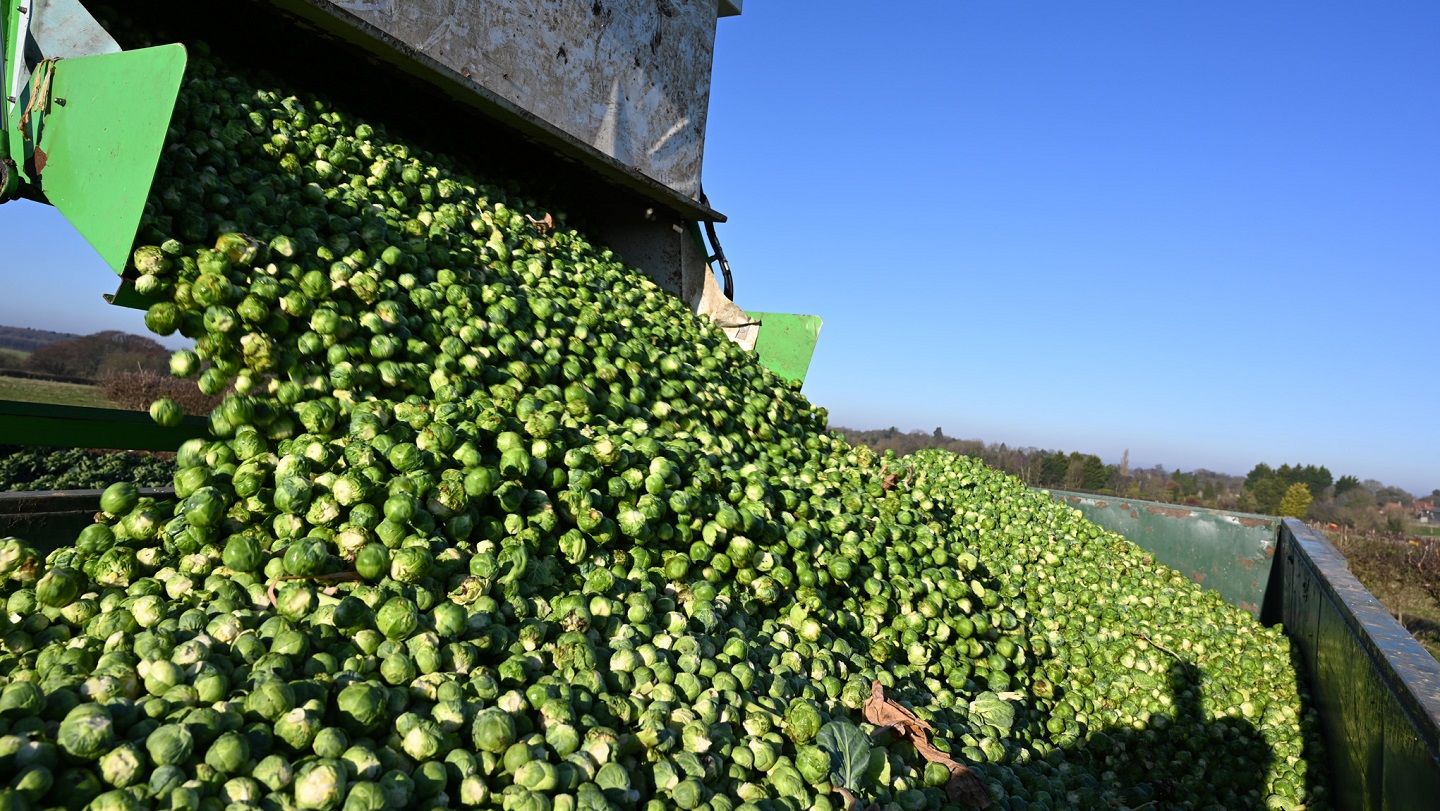
Doubts over sprouts? Brits don’t know how Brussels sprouts are grown, finds Barclays
Love ‘em or loathe ‘em they’re a Christmas staple, but almost a third (30%) of Brits don’t know how sprouts are grown, according to new research from Barclays Business Banking.
More than half (57%) of 18-24 year olds have no idea how they’re grown, and nearly a third of the nation think they are grown underground, on a tree, in a bush, on a vine, or simply don’t know.
The vegetable adds £220.5 million to the UK economy every year, with the average consumer spending just over £4 a year on sprouts.
Brits’ favourite way to cook sprouts is to boil or steam them (82%). However, over a third of 18-24 year olds (34%) go out of their way to avoid eating the vegetable, as the most popular method of sprout avoidance is to sneak them on to someone else’s plate (9%).
One in ten (11%) of those surveyed are concerned that Brexit will affect the supply of sprouts, rising to 20% in London, despite the fact that the UK remains one of the world’s top exporters of the winter vegetable.
John Clappison, Farmer at Risby Park Farm in East Yorkshire, said: “We always see a big increase in sales of sprouts around Christmas, but our motto is ‘A sprout is for life, not just for Christmas’. We’re able to breed out the more bitter flavours now, which is helping the public realise they’re a great vegetable all year round.
“We farm 300 acres of sprouts here, which is over 5% of the UK’s consumption, but even those in the local area are stumped as to how they grow. At the Beverley Food Fair last year, one person remarked it was a great idea that I was selling multiple sprouts attached to long sticks. It was the stalks that they grow on!”
Mark Suthern, National Head of Agriculture at Barclays, said: “We’ve been working with farmers like John to deliver sprouts for Christmas dinners since 1744, and although they can be a Christmas nightmare for some people, they’re a dream for the UK economy as they add nearly a quarter of a billion to the UK each year.
“Our network of specialist agriculture relationship managers, who are based all across the country, are primed to help farmers who are looking to diversify their business, or in need of advice given the recent flooding challenges and ongoing political uncertainty.”